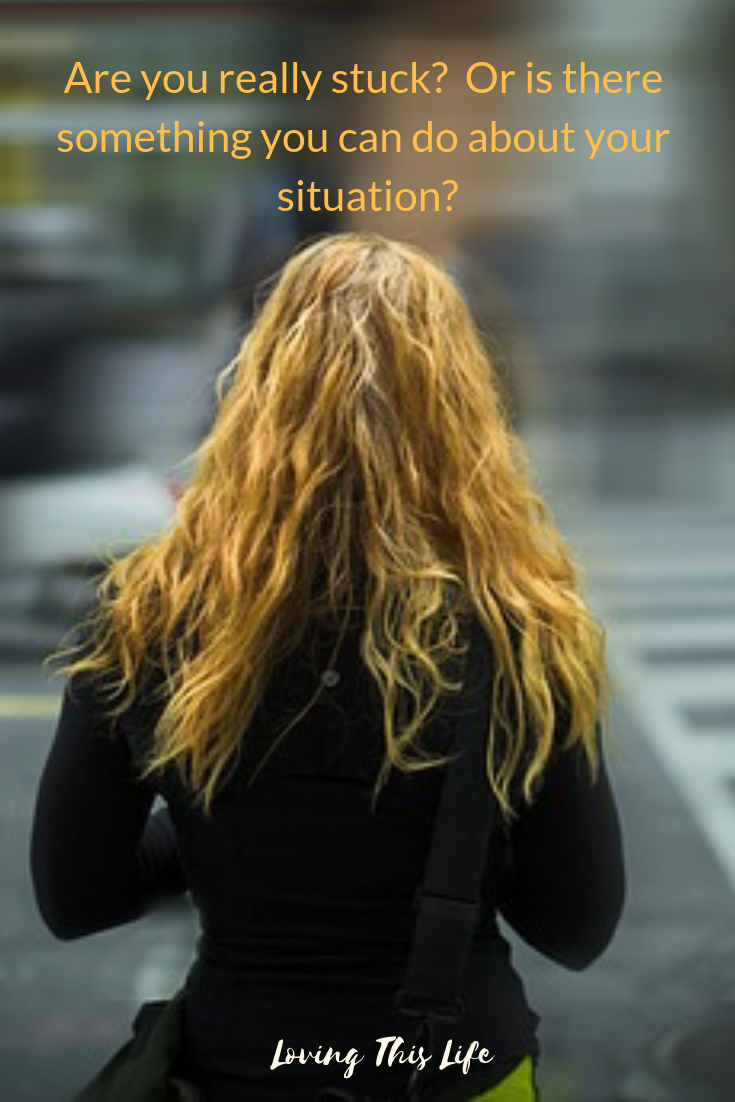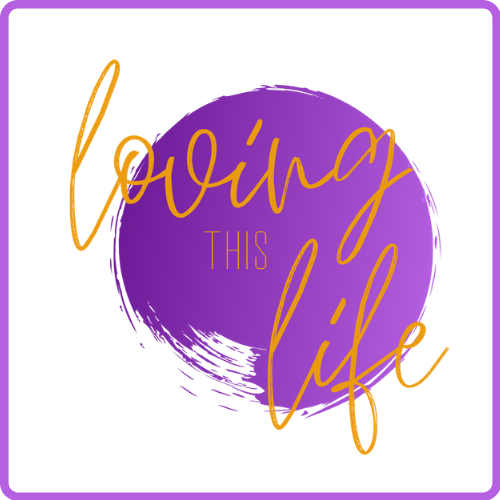
ARE YOU STUCK & NEED HELP?
Can you tell when you are stuck?
What signs tell you you’re stuck and need help?
In some areas of our life, it’s obvious that we’re stuck. We are in a job we don’t enjoy and yet can’t work out how to change without losing the income that we need. We have friendships where it feels like we’re the only one initiating getting together, etc. Or do you keep on saying yes to things because you feel like you should? It’s no surprise that we feel stuck in these circumstances.
What about at other times though? Do you recognise when you are stuck in a situation?
Look out for the following signs:
Feelings: We often “feel” it first. There’s a distinctive growl “GRRRR” that comes from deep inside of me some days, which is a warning sign that all is not right with my world. If I’m honest with myself and you, it’s a mixture of frustration, powerlessness and helplessness. There is something I need to say – to get out, but I just don’t know how to!
What about you? When do you first notice that you are stuck? It’s good to be able to name it and, hopefully, when it rises again, you can quickly recognise it and ask yourself some questions to help you move forward.
Feeling defeated: At other times, I feel defeated. I’m well and truly stuck where I am, and I can’t find my way out of the situation.

Short-tempered and sharp with my words: Sometimes, I’m not even aware that I’m stuck, but I do notice that I’m being very “short” with people in certain situations. I “DON’T WANT TO” do whatever I have to do.
When I look behind at those situations, I can see that I’m stuck, and I’m resentful of the position that I find myself in. It can be as simple as not wanting to do what someone else expects me to do and yet feeling powerless to say so to the other person.
Here are seven things to do when you find that you are stuck and you don’t know how to change things:
1. Name what is happening for you in these moments I’m getting mad at work. Or, I really hate having to……! Or, I get so frustrated whenever someone comes around and… Whatever it is for you, name the feeling and/or the situation that is triggering this response from you.
2. Ask yourself some questions:
- Am I really stuck or is there something I can do about…..?
- What’s stopping me from moving forward in this situation? Is there more than one thing?
- Are these feelings from the past or are they relevant from where I am now?
3. If you can’t do anything about your situation straight away… make a commitment to yourself to work on it as soon as you are able to. It’s not always possible to just walk out in some situations, (eg at work – you might lose your job and your wage!). So, if it’s appropriate, stay where you are, but develop a plan to do something about it. As soon as possible go for a short walk, or do some exercise – it’s amazing how this can help us. It doesn’t get rid of the problem, but it helps us to cope with it better.
4. Talk to someone you trust: Sometimes the best thing we can do is talk over the situation with someone that you know will listen to you and be honest with you. Tell them how you’re feeling and what you think the situation is. Ask them for their perspective and if they see it differently or can offer any insights that might help you.
(It’s amazing that when you aren’t the one going through a situation, how clearly they can see what’s going on. They don’t have the weight of the feelings that you’re carrying which get in the way of you being objective.)
5. Talk to a Counsellor / Psychologist If you find yourself in situations where you’re stuck on a regular basis, then it’s time to get some professional help. Friends are great to “bounce off of”, but if you want to get to the bottom of what is happening and develop a clear strategy of what to do when you find yourself stuck again, a counsellor, or psychologist is the best answer.
If you haven’t seen one before, maybe check with your Doctor as to who they recommend. Or seek out various practices near your home and see if they have a website and reviews, etc. Or maybe ask your friends if they’ve found someone that they would recommend? There are lots of options.
Remember, though – if you don’t find the first person you go to helpful – if they’re not the right fit for you, – that’s okay. Don’t give up, try someone else.
6. Write down your action plan. Write down the steps that you take to help you to move from being stuck to being able to make clear, helpful choices. If you’re anything like me, you may find that you need to use this plan in several different areas of your life. Having it written down in point form, with some of your reflections about the feelings and the situation, may help you in the future.
Of course, some situations are bigger than others. Be patient with yourself and acknowledge that you want to make changes and that it’s okay to ask for others to help you.
7. Give yourself a pat on the back…or whatever you do to celebrate the wins in your life. Being stuck is an incredibly uncomfortable place to be, especially when you feel like you are powerless to bring about change. So, celebrate the work you’ve done and the choices you have made.
Well done!





